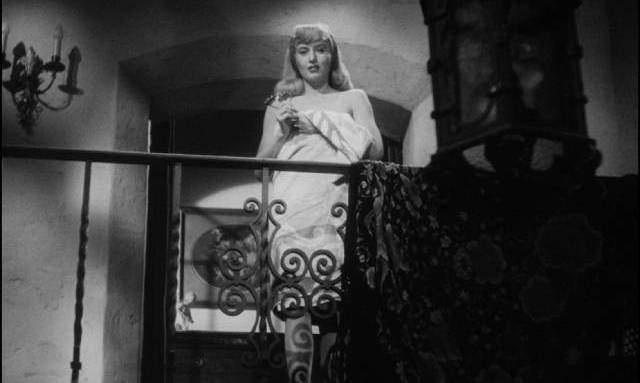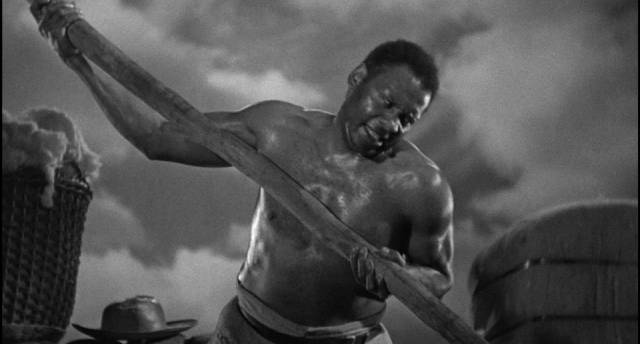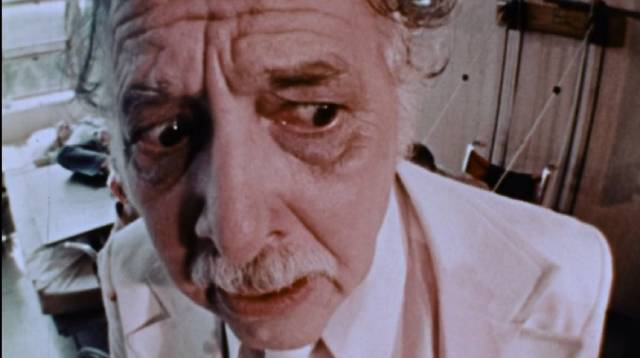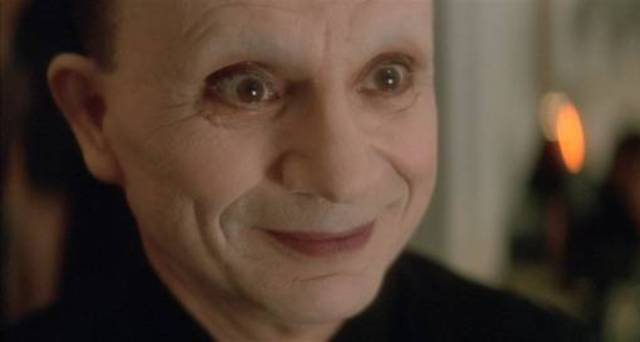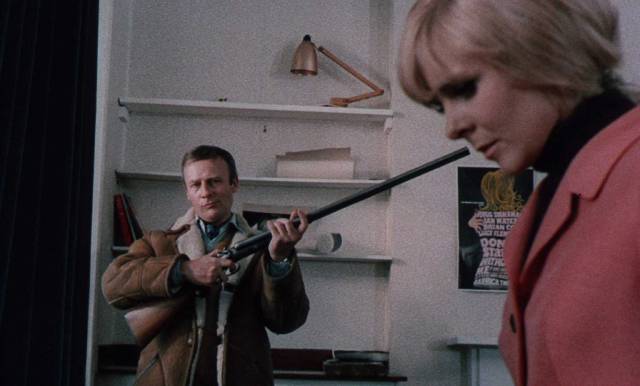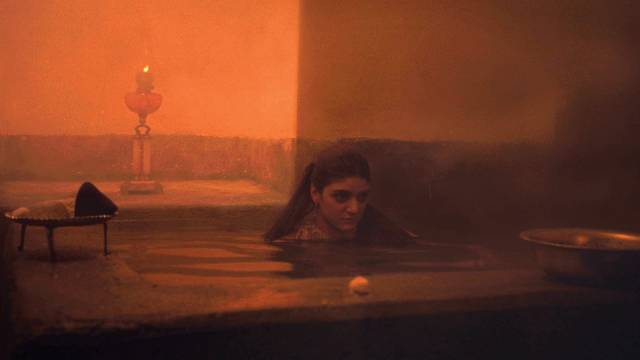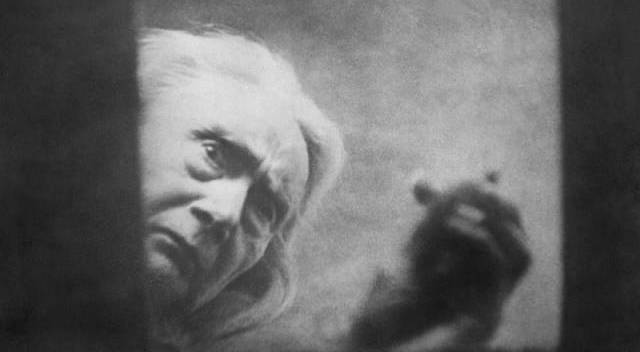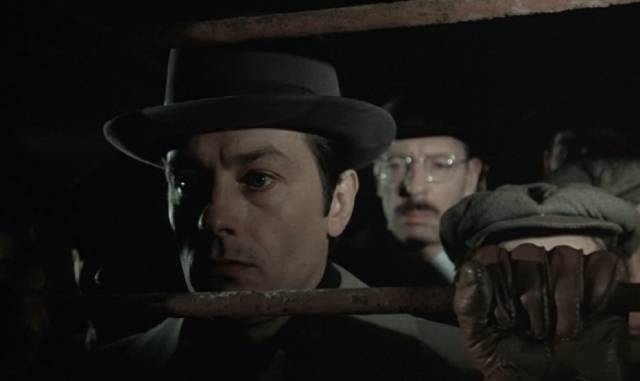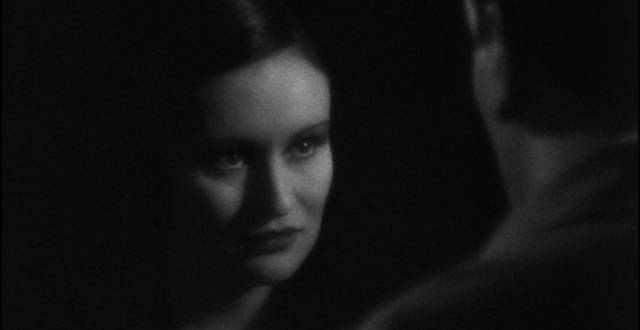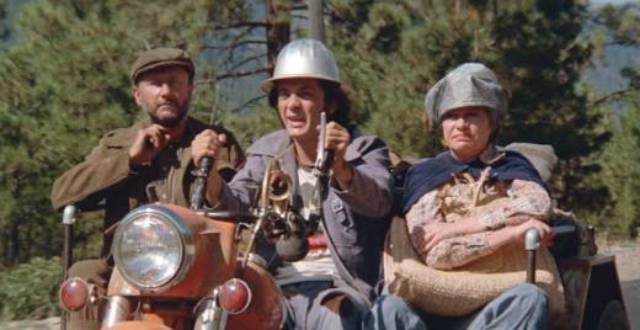
A relatively new label, Canadian International Pictures, has resurrected Gerald Potterton’s light and charming character-based comedy The Rainbow Boys (1973) in a fine Blu-ray edition with substantial extras. Another CIP release showcases Potterton’s National Film Board short The Railrodder (1965), a travelogue starring Buster Keaton towards the end of his life, along with John Spotton’s documentary about the making of the short, Buster Keaton Rides Again (1965), and another NFB travelogue, Eugene Boyko’s Helicopter Canada (1966), made to mark the country’s centennial.
